On April 14, 2025, CCP leader Xi Jinping paid a state visit to Vietnam. In a video still, he can be seen walking with stiff legs and short, shuffling steps while inspecting the Vietnamese honour guard at the airport. (video screenshot)
[People News] Since taking power, CCP leader Xi Jinping has frequently employed the diplomatic tactic of “money splashing” — using so-called investments to buy off foreign officials in order to force them to cater to the CCP’s needs in international affairs. As the saying goes, “Money makes the devil turn the millstone.” No one understands this better than those within the CCP system.
On April 14, Xi Jinping arrived in Vietnam for a state visit, and once again employed his usual “money splashing” strategy. This clearly shows that more than a decade into his rule, Xi’s competence remains stagnant — everything still revolves around 利益 ("interest" or "gain"). He assumes that foreign leaders, like CCP officials, are insatiably greedy, completely exposing his “dung mentality” in interpersonal dealings.
According to Vietnam’s national broadcaster VTV, Vietnam hopes to deepen cooperation with China in areas such as security, transportation, concessional loans, and technology transfer. At the same time, Vietnam seeks to achieve a more balanced trade relationship with China. Last year, Vietnam’s trade deficit with China soared to about $83 billion — a result of global companies shifting their supply chains southward to avoid U.S. tariffs imposed under President Trump.
During his visit, Xi loudly condemned “unilateral bullying,” attempting to incite Vietnam to join forces with the CCP in resisting Trump’s high-tariff policies. To this end, Xi dangled various “carrots” — promising greater access for Vietnamese goods into China’s “supermarket,” and signing cooperation agreements covering connectivity, artificial intelligence, and agricultural trade. Xi and Vietnamese Communist Party General Secretary Nguyen Phu Trong also jointly attended the launch ceremony of a China-Vietnam Railway Cooperation Committee, aiming to accelerate cross-border rail projects, including an $8.4 billion line connecting Lao Cai to Haiphong Port.
This time, Xi Jinping signed 45 economic cooperation agreements with Vietnam. Perhaps Xi believes this is enough to pressure Vietnam into following the CCP’s lead and parroting “opposition to unilateral bullying.” This would not only apply pressure on Trump but also serve as propaganda for domestic Chinese audiences, fabricating an image that even foreign countries oppose Trump.
But the CCP and Xi miscalculated. After benefiting from the deals, Vietnam refused to echo the CCP’s desired rhetoric. Neither the official statements nor state media in Vietnam mentioned “opposition to unilateral bullying,” highlighting Vietnam’s careful strategy of maintaining balance between the U.S. and China. This shows that Vietnam places greater importance on its relationship with the U.S., with China as secondary. After all, everyone knows the U.S. values integrity, while the CCP is untrustworthy.
According to FX168, Nguyen Khac Giang, a visiting fellow at Singapore’s ISEAS-Yusof Ishak Institute, stated: “Vietnam wants greater access to the Chinese market, but does not want to risk U.S. retaliation. The problem is that any remarks by Xi in Hanoi, or any response from Vietnam, may be interpreted by the Trump administration as the two countries joining forces against the U.S.”
It’s clear that Vietnam sees through the CCP’s bad intentions and is unwilling to blindly follow its lead.
The report also notes that Trump’s current tariff policies are forcing Southeast Asian nations, including Vietnam, to navigate more cautiously between China and the U.S. Trump has demanded that trading partners, including Vietnam, take measures to prevent China from circumventing tariffs by routing exports through third countries. The U.S. has currently given a 90-day “tariff suspension” period — both a buffer and a warning — for countries to reach compromises.
The report also mentions that Vietnam has recently stepped up its crackdown on origin fraud, which the international community generally views as a response to U.S. concerns about Chinese goods being “repackaged” in Vietnam for export. Vietnam’s move aims to block Chinese firms from using Vietnam as a springboard to ship goods to the U.S.
In addition, Vietnam has been trying to placate the Trump administration, pledging to purchase large-scale U.S. goods, such as aeroplanes, liquefied natural gas, and high-tech products, and even hinting it might consider buying American-made weapons.
Is Vietnam’s stance not obvious enough?
Vietnam is being clever — it’s capitalising on Xi Jinping’s “dung mentality” to gain practical benefits from the CCP’s “money splashing,” while also refusing to do anything that would provoke the U.S.
(First published by People News)

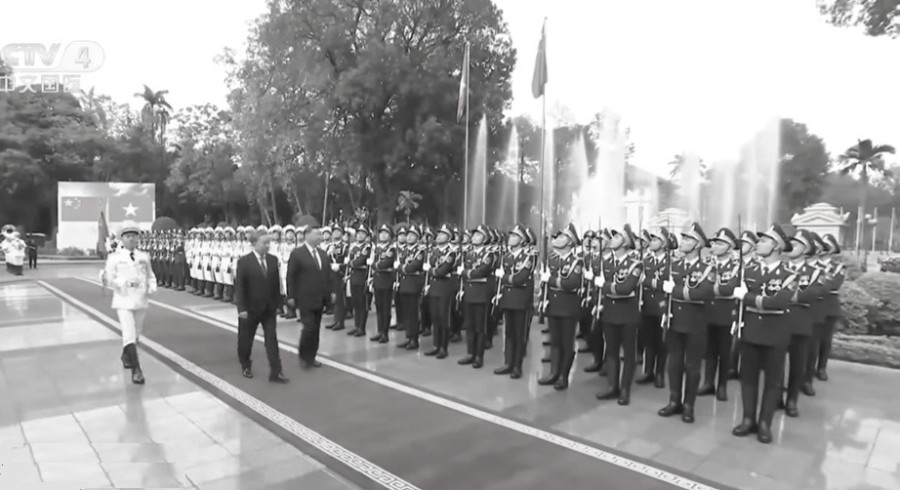

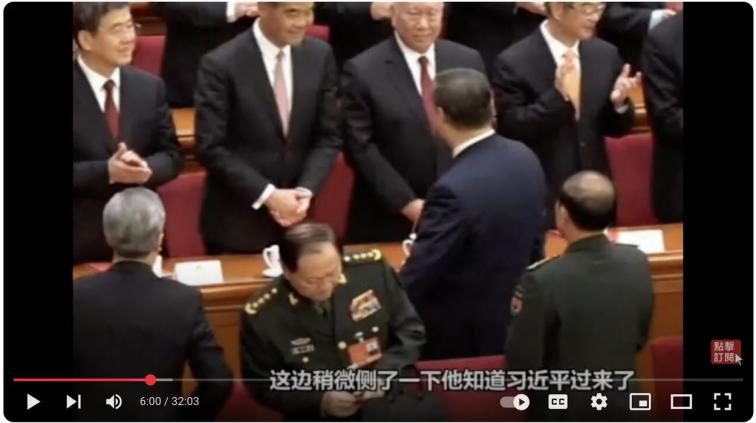
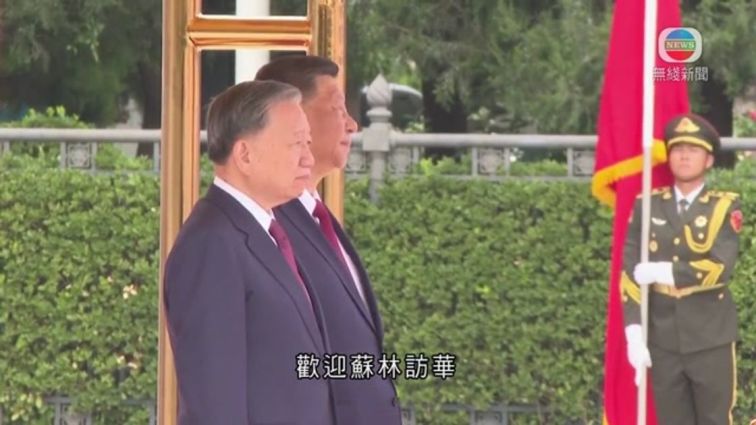
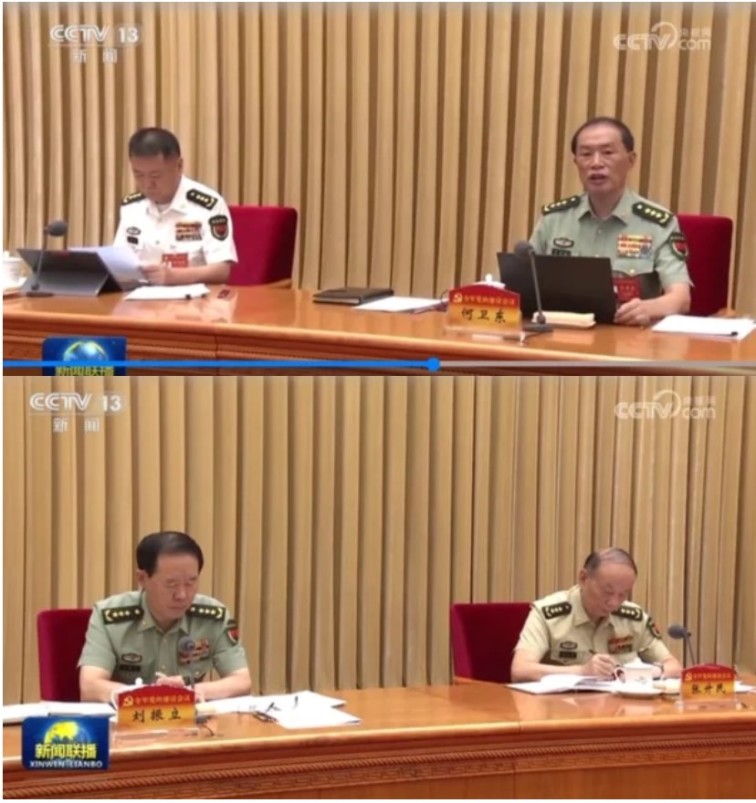

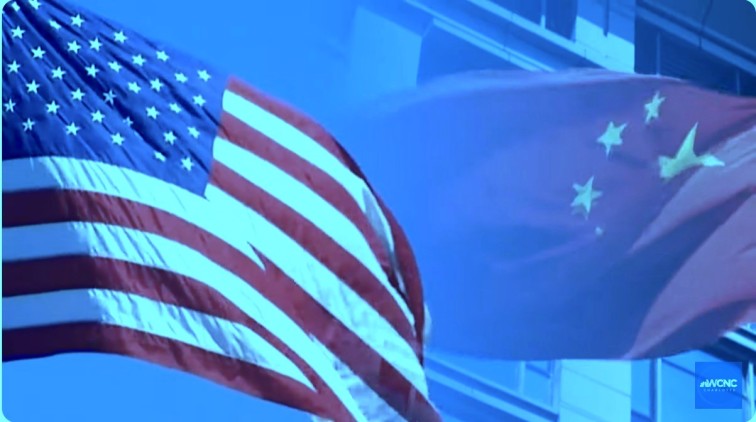


News magazine bootstrap themes!
I like this themes, fast loading and look profesional
Thank you Carlos!
You're welcome!
Please support me with give positive rating!
Yes Sure!